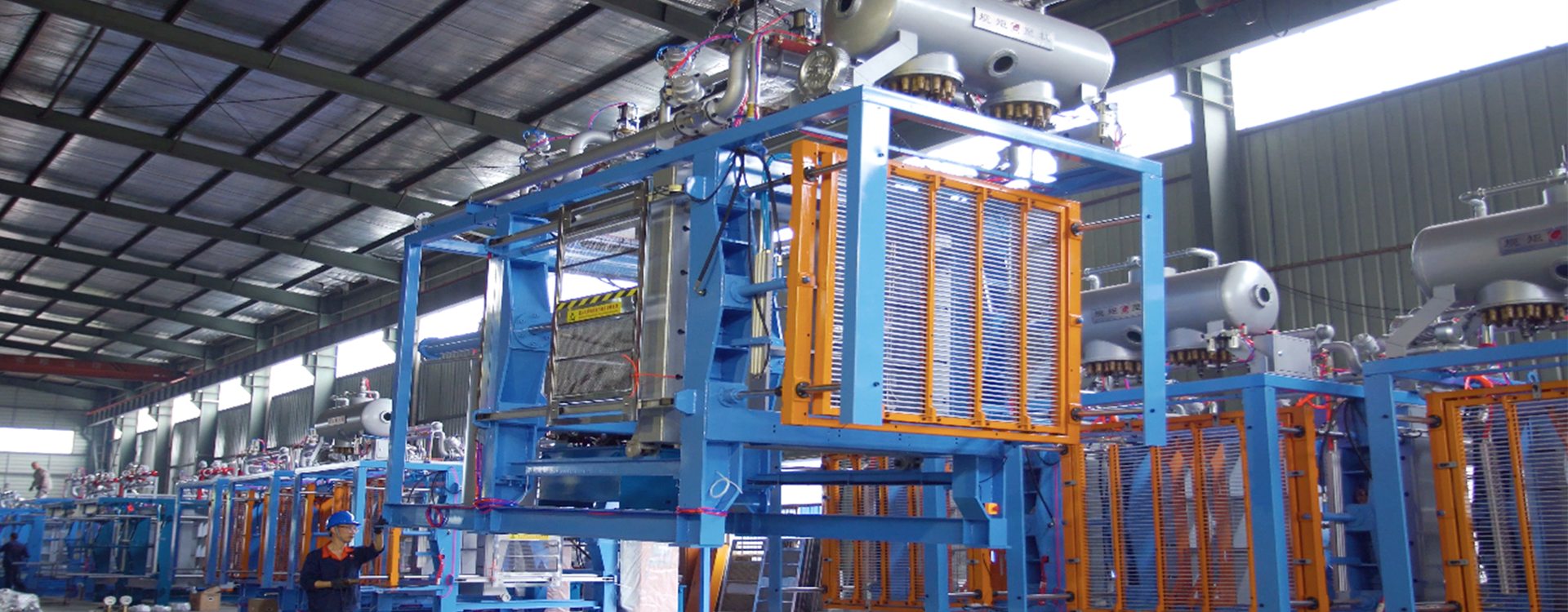EPS vs XPS Recycling and Pelletizing Line: Which is Right for You?
With the rising need for sustainable practices in plastic waste management, EPS (Expanded Polystyrene) and XPS (Extruded Polystyrene) recycling has become essential for packaging and construction industries. Both materials can be recycled and converted into reusable pellets, but the machines and processes differ significantly.
This article compares EPS and XPS recycling and pelletizing lines across key aspects to help you choose the right solution.
Key Comparison Overview
|
Category |
EPS Recycling Line |
XPS Recycling Line |
|
Raw Materials |
Packaging foam, lunch boxes, EPS blocks |
Construction insulation boards, XPS panels |
|
Foam Structure |
Open-cell, loose and lightweight |
Closed-cell, denser and more rigid |
|
Crushing Difficulty |
Easy to crush and melt |
Requires powerful crushing and higher melting temperature |
|
Typical Equipment |
Crusher → Melting extruder → Pelletizer |
Heavy-duty Crusher → High-temp Extruder → Vacuum degassing → Pelletizer |
|
Temperature Control |
Standard temperature control |
High and precise heating system |
|
Material Cleanliness |
Can handle slightly contaminated material |
Works best with clean, uncontaminated XPS |
|
Final Pellet Usage |
Frames, hangers, EPS injection products |
High-quality plastic products, new XPS boards |
|
Machine Investment |
Lower cost, quick ROI |
Higher cost, but better pellet quality and profit margin |
|
Best For |
Packaging factories, foam recyclers |
Building material recyclers, premium product manufacturers |
Final Recommendations
-
Choose EPS recycling line if you’re dealing mainly with light, low-density EPS packaging foam.
-
Choose XPS recycling line if you process construction-grade XPS boards and need higher-quality output.
-
Need to recycle both? Ask us about our custom-designed integrated solutions.















-1744944955656.jpg)
-1744944972674.jpg)





